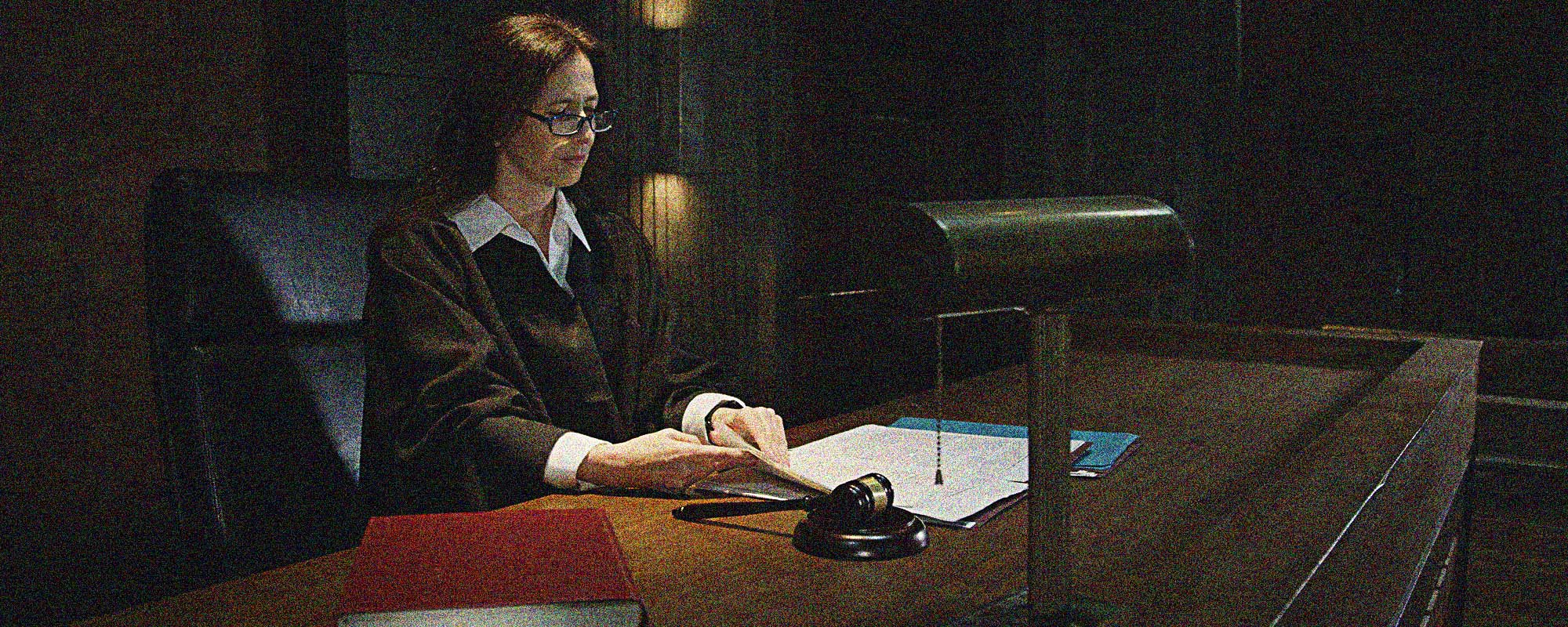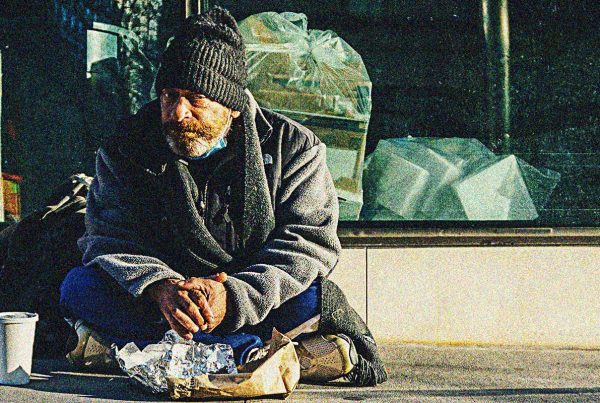L'ACLC a été autorisée à intervenir devant la Cour suprême du Canada dans R. c. Wilson, en appel de la Cour d'appel de la Saskatchewan. Cet appel concerne l'interprétation du par. 4.1(2) de la Loi réglementant certaines drogues et autres substances. L’article 4.1(2) est une disposition qui exempte les personnes d’accusation ou de condamnation pour certaines infractions liées aux drogues et aux substances si elles ont besoin de soins médicaux d’urgence pour elles-mêmes ou pour une autre personne. La principale question dans cette affaire est de savoir si la police peut toujours arrêter légalement une personne pour les infractions exemptées, même si elle ne peut être accusée ou condamnée.
L’ACLC présentera deux observations sur la bonne approche à adopter en matière d’interprétation législative. Premièrement, l’ACLC soutiendra que les dispositions réparatrices – comme le par. 4.1(2) – devraient recevoir une interprétation large et libérale éclairée par le contexte social, qui dans ce cas inclut la crise des décès liés aux opioïdes. Cela est particulièrement vrai lorsque l’objectif d’une disposition est atteint en limitant la responsabilité criminelle. Deuxièmement, l’ACLC soutiendra que l’impact du par. 4.1(2) sur le pouvoir d’arrestation doit être évalué à la lumière de l’impact important de ce pouvoir sur l’intégrité physique et psychologique d’une personne et sur les personnes vulnérables.
Vous pouvez lire notre factum ICI.
La CCLA est reconnaissante pour l'excellentpro bonoreprésentation de Sarah Rankin et Heather Ferg de McKay Ferg LLP dans cette affaire.
À propos de l’association canadienne sur les libertés civiles
L’ACLC est un organisme indépendant à but non lucratif qui compte des sympathisant.e.s dans tout le pays. Fondé en 1964, c’est un organisme qui œuvre à l’échelle du Canada à la protection des droits et des libertés civiles de toute sa population.
Pour les médias
Pour d'autres commentaires, veuillez nous contacter à media@ccla.org.
Pour les mises à jour en direct
Veuillez continuer à vous référer à cette page et à nos plateformes de médias sociaux. On est dessus Instagram, Facebook, et Twitter.





